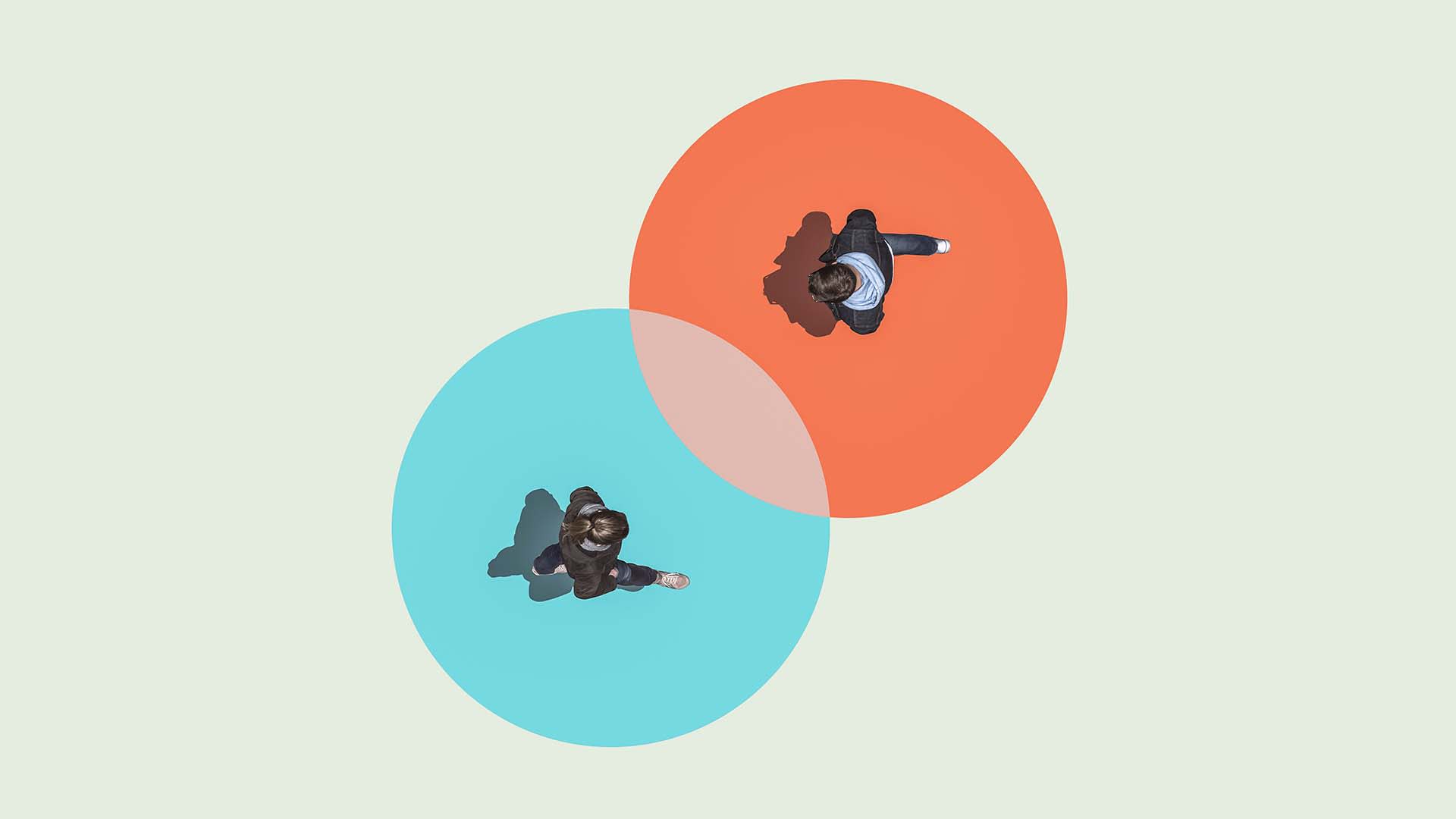Faced with hard problems, many people's first instinct is to hunker down and crank out a solution. If I can just sit still and concentrate hard enough, the thinking goes, I'll find the answer.
That approach works in situations where brute force is the missing ingredient for success. But as this fascinating recent Ezra Klein podcast featuring Annie Murphy Paul, author of The Extended Mind, makes clear, for many tasks the butt-in-chair approach is likely to backfire badly.
We think of our brains as controlling our bodies, Murphy Paul explains, but we underestimate the degree to which the opposite is also true. "We induce the body to make certain movements or enter certain kinds of spaces, like the outdoors, or move our hands in a certain way in a gesture, and that influences the way we think. And this is often a more efficient and effective way of affecting our thinking than starting and ending often with the brain and having it all happen inside our heads," she says.
Or, put plainly, you can change how your brain works by how you move your body. Walking can be good for creativity, doodling helps us learn, and being out in nature can soothe stress. And new research reveals another way changing your physical context can alter our thinking. When you're looking to resolve a tricky conflict of any type, you're better off doing it while moving around.
